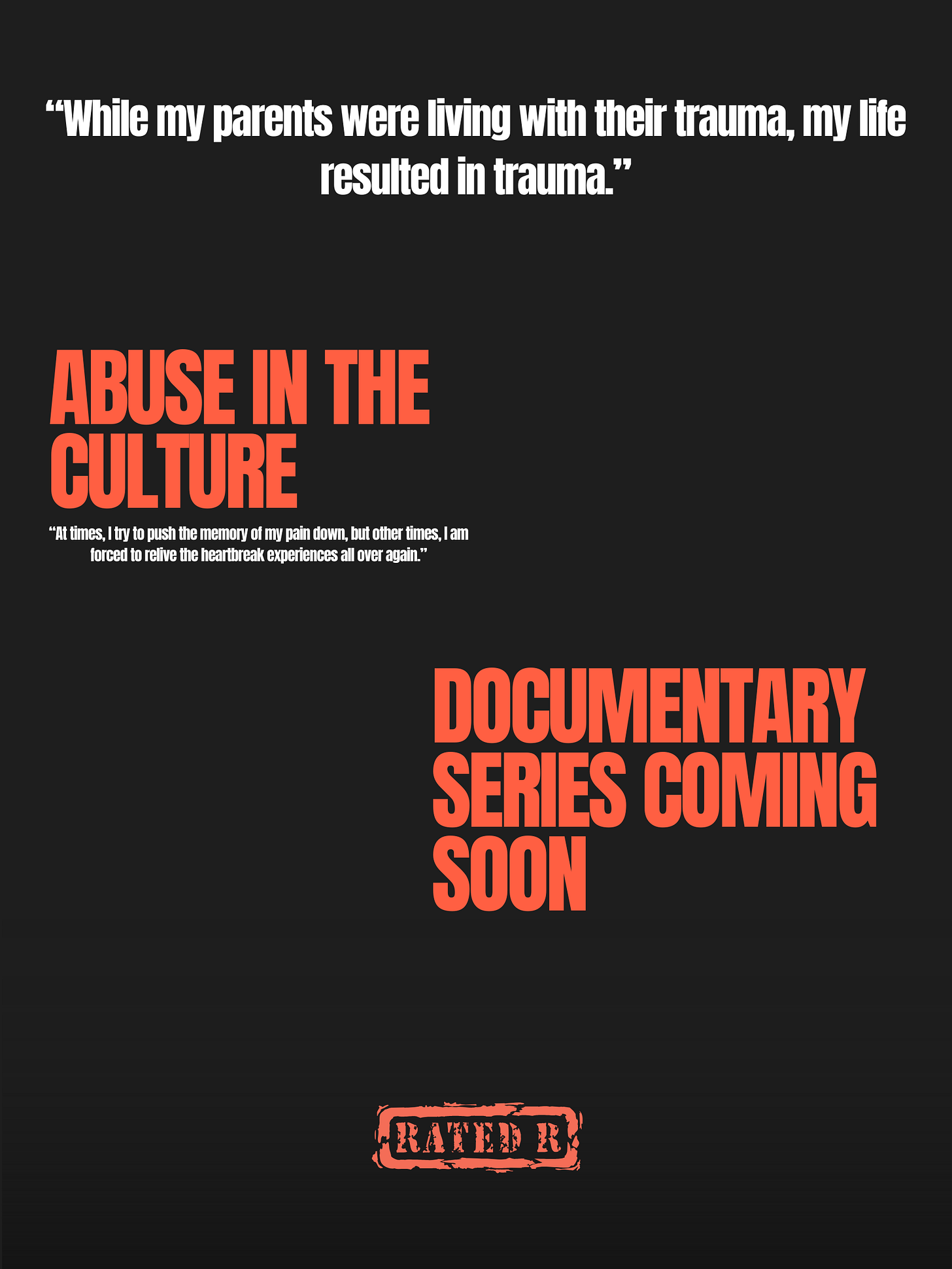CULTure Club Secrets: Awaken the Quiet Abusers
The Hidden Patterns of Subtle Abuse: Recognizing the Unseen Tactics
Hello CULTure Club,
In this week’s dive, we’re exploring the world of subtle abuse—the kind of behavior that’s tough to spot and even tougher to break free from. Unlike blatant forms of aggression, subtle abuse slips in under the radar, quietly eroding self-worth, autonomy, and peace of mind. Let’s shed light on some of these patterns to empower ourselves and others to see through them and stand tall.
1. Gaslighting: Warping Reality
Gaslighting isn’t just a term for exaggerated disagreements—it’s a tactic that leaves victims questioning their own sense of reality. When someone repeatedly denies events, twists facts, or rewrites history, they aim to make you doubt your perception. The result? You feel disoriented, unsure of what’s real, and start relying on the abuser’s narrative over your own.
2. Silent Treatment & Stonewalling: The Emotional Freeze
Ever felt iced out for reasons that seem impossible to grasp? The silent treatment—or stonewalling—is a punishment tactic. When communication suddenly drops, it’s meant to create tension and make you scramble for reconciliation. It’s control masquerading as “space.”
3. Love-Bombing and Withholding: The Hot and Cold Game
This one is common and painful. Love-bombing—flooding someone with affection, gifts, and compliments—followed by sudden distance or criticism, keeps you on edge, constantly striving for approval. The cycle leaves you dependent, as you crave the highs that come before each withdrawal.
4. Criticism Disguised as “Jokes”
Sarcasm and “just kidding” insults can wear down self-esteem. Whether it’s about your looks, work, or dreams, these comments aren’t innocent. When the abuser dismisses them as humor, it makes you question if you’re just “too sensitive.”
5. Triangulation: The Subtle Comparison Game
Ever feel that someone’s pulling a third party into your relationship to keep you off balance? Triangulation can involve anything from an “admired friend” to a mysterious admirer, introduced just to make you feel insecure. It’s a subtle way to imply you’re not enough.
6. Passive-Aggression: The Art of Indirect Hostility
A partner forgetting a date, “accidentally” missing important events, or making sarcastic digs? These are common passive-aggressive behaviors. The abuser avoids confrontation while still expressing disapproval, leaving you frustrated and often blaming yourself.
7. Blame-Shifting: Twisting Accountability
Confronting an abuser? Watch for blame-shifting. Statements like, “You’re too sensitive” or “I wouldn’t have done it if you hadn’t…” deflect accountability and leave you questioning if you’re actually at fault.
8. Using Guilt as a Weapon
Often, subtle abusers use guilt to gain control. It’s the “After everything I’ve done for you…” and “You don’t appreciate me” lines. The intent? To make you feel responsible for their happiness, leading to constant self-sacrifice.
9. Undermining Your Independence
Subtle abusers might discourage your goals or downplay your achievements, sometimes under the guise of concern. They might suggest you’re not capable, or that outside interests aren’t worth your time. Independence is power, and controlling it ensures you remain tethered.
10. Setting Impossible Standards
“You can never do anything right” or setting you up for a lose-lose scenario is a tactic that makes you feel perpetually inadequate. By creating unrealistic expectations, the abuser keeps you dependent and full of self-doubt.
What We Can Do
Recognizing these patterns can be an eye-opener and a path to freedom. Remember, subtle abuse thrives in secrecy and confusion. By unmasking it, we reclaim our power. Next time you encounter these behaviors, know they’re not a reflection of who you are but rather a tactic used to manipulate and control.
A Note for You If this resonates or sparks any personal realizations, consider joining the discussion in CULTure Club Secret’s GroupMe spaces, where we share insights and experiences, and offer each other support in navigating these realities.
Sending you strength and solidarity,
Shareece Williams
Founder, CULTure Club Secrets








